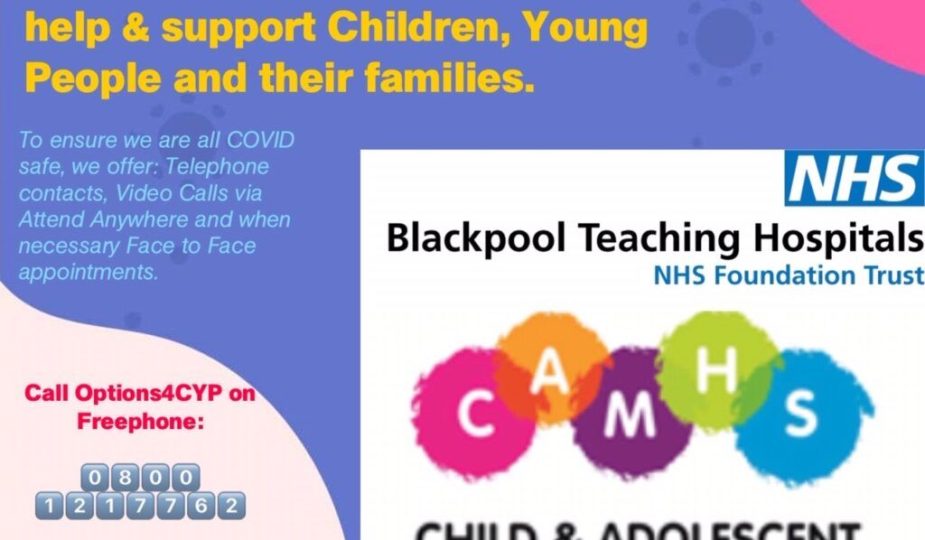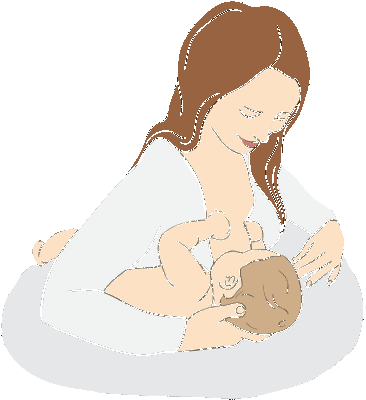Mental health is a critical aspect of a child and adolescent's overall well-being. It encompasses their emotional, psychological, and social well-being. Just like physical health, mental health plays a significant role in how children and adolescents think, feel, and act.
Importance of Mental Health
Promoting and prioritizing mental health in children and adolescents is crucial as it directly affects their development and future. A positive mental state enables them to cope with challenges, build healthy relationships, and reach their full potential.
Common Mental Health Disorders
There are various mental health disorders that can affect children and adolescents. Some of the most common ones include: Anxiety Disorders: characterized by excessive worry, fear, and unease. Depressive Disorders: marked by persistent feelings of sadness, hopelessness, and a loss of interest. Attention-Deficit/Hyperactivity Disorder (ADHD): involves hyperactive, impulsive behavior and difficulty paying attention. Autism Spectrum Disorders: impairments in social interaction, communication, and restrictive/repetitive patterns of behavior. Eating Disorders: abnormal attitudes towards food and weight, leading to severe disturbances in eating behaviors.
Signs and Symptoms
Recognizing signs and symptoms of mental health disorders in children and adolescents is crucial for early intervention. Some common signs include: Changes in mood, emotions, or behavior. Withdrawal from friends and activities. Difficulty concentrating or changes in school performance. Sleep disturbances. Unexplained physical ailments.
Causes of Mental Health Disorders
Mental health disorders in children and adolescents can be attributed to a combination of various factors, including: Genetic factors and family history of mental illness. Brain chemistry and imbalances in neurotransmitters. Exposure to environmental stressors and traumatic experiences. Poor coping mechanisms and lack of proper emotional support.
Treatment and Support
Timely treatment and support are crucial for managing child and adolescent mental health disorders. Some common treatment options include: Psychotherapy: Talk therapy helps children express their emotions and develop healthy coping strategies. Medication: In some cases, medication may be prescribed to manage symptoms effectively. Supportive services: School-based programs, support groups, and community resources can provide essential support. Family involvement: Engaging parents and caregivers in the treatment process is vital for long-term success.
Preventing Mental Health Disorders
Preventive measures can significantly reduce the risk of mental health disorders in children and adolescents. Some strategies include: Promoting open dialogues about emotions and feelings. Encouraging healthy lifestyle habits, including balanced nutrition and regular physical activity. Supporting strong relationships with friends, family, and peers. Teaching effective coping skills and stress-management techniques. Minimizing exposure to traumatic events and toxic stressors.
Conclusion
Child and adolescent mental health is a critical aspect of their overall well-being. By understanding the common disorders, recognizing the signs and symptoms, promoting timely treatment and support, and implementing preventive measures, we can create a society that prioritizes the mental health and well-being of our children and adolescents.









